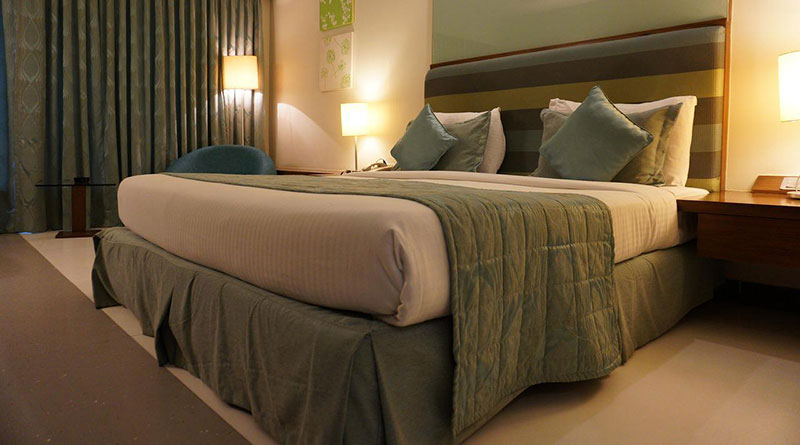Hoteliers Face Squeeze On Profits As Staff Costs Hit

Increased staff costs continue to hit the bottom line for hotels, with investment in AI expected to rise as hoteliers look to create efficiencies, according to the RSM Hotels Tracker.
The data, which is compiled and produced by Hotstats and analysed by RSM UK, shows average daily rates (ADR) of occupied rooms in London dropped from £218.34 to £206.99 in May year-on-year, and from £152.93 to £149.08 in the UK.
Occupancy of London hotels was also down slightly from 82.5% to 82.2% in May year-on-year, and from 79.8% to 79.4% in the UK. This meant gross operating profits suffered a hit, falling from 43.3% to 39.9% in London and from 39.1% to 37% in the UK.
Chris Tate, partner and head of hotels at RSM UK, comments:
“Hotels have been able to compensate for flatlining room rates with strong occupancy levels, but May’s figures suggest demand has peaked. Accommodation services inflation continued its downward trend, falling for the third consecutive month to -1.0% in May. With consumer confidence still extremely fragile, it’s proving particularly difficult to pass on increased costs to consumers. As a result, these costs are starting to bite with the bottom line taking a hit, so hoteliers need to starting thinking outside the box to mitigate the higher costs.
Hotels appear to be increasing spend on IT systems, with total expenditure having grown by 27% in London and 21% in the UK, when compared to 3 years ago.
Chris Tate added:
“It is clear hotels have increased investment in technology, and we only expect that to rise as they look for ways to improve efficiencies and customer experience. Many hoteliers have come to terms with the higher employment costs and can’t easily cut these as their staff are essential to provide the best customer experience. Instead, they need to work smarter, which could involve making greater use of AI and automation in certain tasks to increase productivity.
“With government initiatives in its Industrial Strategy including investment in high streets and creative industries which should bring more tourists to the UK, along with a tourism strategy which is due to be published by the end of the year, the sector should reap the benefits in the long-term. But with increased strain on room rates and profits, it’s clear that some hoteliers are in need of more immediate support.”
Thomas Pugh, economist at RSM UK, said:
“While a burden for the industry, slowing hotel inflation will be good news for the Bank of England as it is another sign of easing inflationary pressures. However, combined with a sharp fall in retail sales and a slowdown in consumer borrowing, this suggests that the economy did little more than stagnate in Q2.
“Looking ahead, the outlook for consumer spending growth is less rosy than it has been in the first half of the year. Inflation is now back at 3.4% and will rise further over the summer, mainly driven by tax rises, higher utility bills and now more expensive petrol. That will eat into consumers’ disposable incomes. At the same time, the labour market is clearly cooling, which will weigh on wage growth and employment over the rest of the year.
“However, the outlook is far from dismal. Despite rising inflation and slower wage growth, real incomes will still rise at a reasonable pace this year. Household balance sheets are considerably stronger than they have been previously, and lower interest rates will continue to help. What’s more, there are good signs that the worst of the labour market pain and tariff uncertainty is already behind us.”
